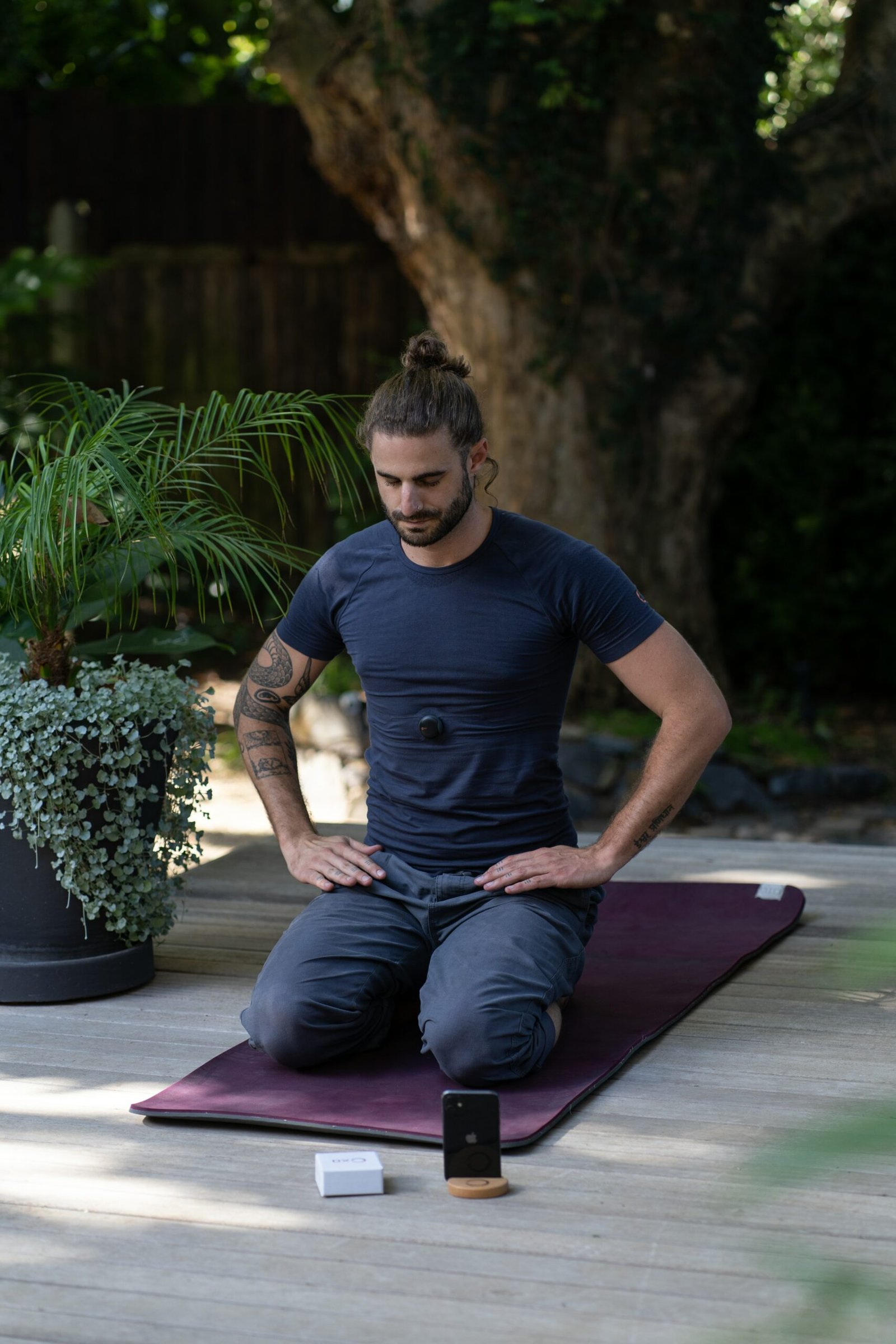In our fast-paced world, managing stress has become essential for our well-being. Many people struggle to fit stress management into their busy routines. Let’s break down some practical strategies to help you incorporate stress management techniques seamlessly into your daily life.
1. Start Your Day with Intention
How you begin your morning sets the tone for the rest of the day. Take just five minutes after you wake up to focus on deep breathing or a simple meditation. Set an intention, such as “I will face challenges with calm” or “I will find joy in small moments today.” Setting an intention helps anchor your focus and maintain a positive outlook throughout the day. This practice can help bring positivity to your morning and provide a sense of direction, even when challenges arise.
2. Schedule Mini Breaks
It may feel counterintuitive to take breaks when you’re busy, but these small pauses are powerful stress relievers. Set a timer for a five-minute break every hour or so. These breaks can also enhance productivity by preventing burnout. During these breaks, step away from your workspace, stretch, or take a few deep breaths. Even a short walk outside or a moment to look out a window can help reset your mind and reduce accumulated stress.
3. Practice Gratitude Journaling
Writing down what you’re grateful for can significantly shift your mindset. Each evening, jot down three things you are thankful for that happened during the day. These don’t have to be grand events—a delicious meal, a kind word, or a peaceful moment is enough. Gratitude can reduce stress by shifting focus away from what is troubling you, creating a more positive perspective.
4. Breathwork: A Simple Yet Effective Tool
Intentional breathing exercises are among the easiest stress management tools. Try the 4-7-8 technique: inhale for four counts, hold your breath for seven counts, and exhale slowly for eight counts. Repeat this pattern a few times whenever you feel stress levels rising. This simple act triggers the relaxation response in your body, helping lower anxiety quickly.
5. Mindful Movement
Daily movement can be incredibly effective for managing stress. Whether it’s yoga, a brisk walk, or a quick dance in your living room, exercise releases endorphins that naturally reduce stress. Even ten minutes of stretching can be enough to help release tension and keep your mood elevated.
6. Digital Detox in the Evening
Set boundaries with your devices, especially as you wind down at night. Scrolling social media or checking work emails late in the evening can keep your mind buzzing. Create a habit of disconnecting from screens at least an hour before bed. This will help reduce blue light exposure, which can interfere with sleep quality. Instead, read a book, listen to calming music, or engage in a relaxing hobby to help your mind transition to rest mode.
7. Connect and Laugh
Connecting with loved ones and laughing genuinely helps release feel-good hormones. Make it a daily habit to have a meaningful conversation—even if it’s just a quick phone call to a friend or a loved one. Laughter can be especially therapeutic; watch a funny video, share a joke, or reminisce about good times to bring joy into your day.
Conclusion
Incorporating stress management into your routine doesn’t require drastic lifestyle changes. It’s all about integrating small, consistent habits that help calm the mind and body. Starting your day with mindfulness, taking mini-breaks, and practicing gratitude are simple but effective techniques. Together, they can significantly improve your stress management. Remember, your well-being is a priority, and making space for these moments is a step towards a more balanced, resilient self.
Take the first step today—which one of these practices will you try?

















